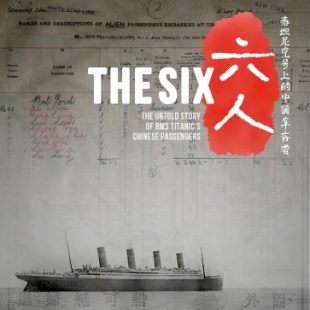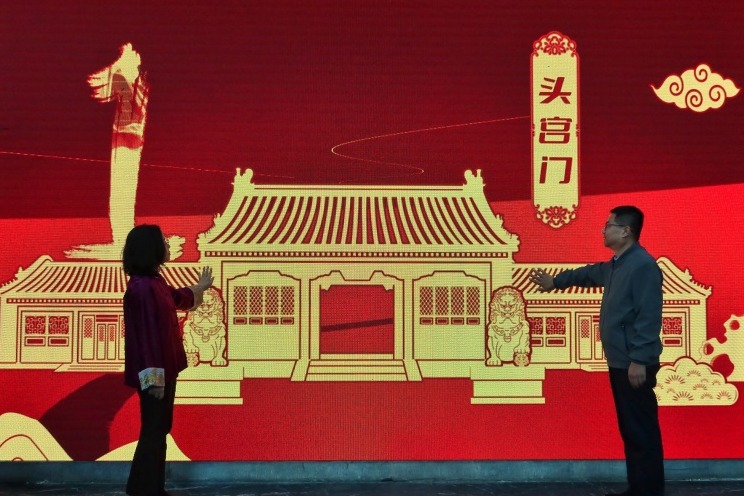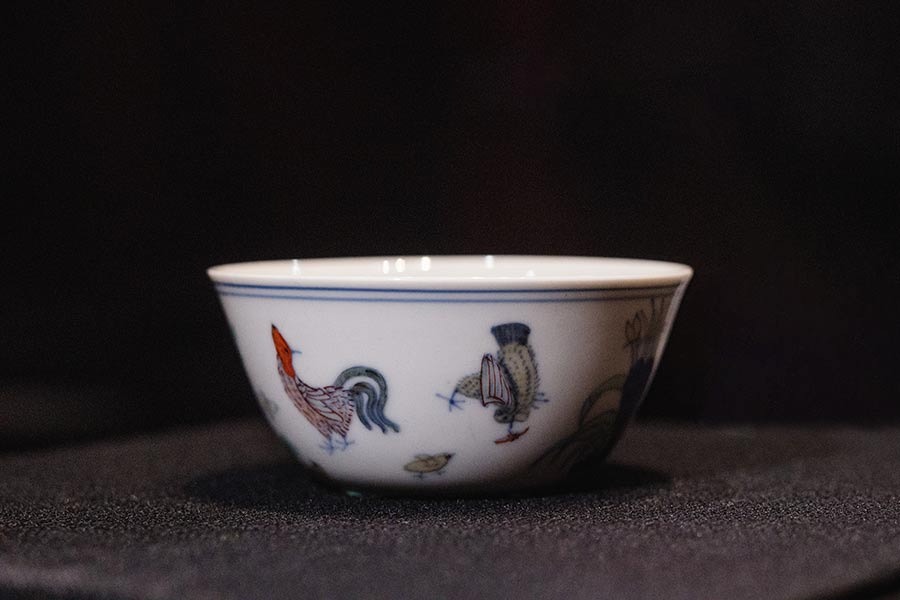New movie The Six pays tribute to, dispels myths surrounding mysterious Chinese Titanic survivors


Talking about the most intriguing discovery during his investigation into the truth behind the six Chinese survivors, Schwankert said it was "the situation in Collapsible Lifeboat C," but he didn't want to give away any spoilers for those who haven't seen the documentary yet.
"However, I can say this: when a mystery endures for more than a century, people expect that the answer must be complex. In this case, it was even simpler than we had expected. The problem was that no one had bothered to examine the situation objectively, and therefore, the solution was not obvious," he said.
When asked what the reactions of the Chinese survivors' descendants were to finding out more about their ancestors who had survived the "Titanic" disaster and sharing their stories, Schwankert admitted it was difficult for the families to learn something about their relatives from strangers. "I think they were pleased to learn more about their family history but struggled to understand why their loved ones hadn't shared those bits of information with others themselves," he said.
A case in point was Tom Fong, the son of Fang Lang, the last Chinese survivor to be rescued after clinging to a floating door who had been rather secretive about his past with his family. Fong compared his father's life to a book, with him being familiar with the last quarter of it, "and there's like three quarters of the book that I never knew about him."
Moviegoers have reacted well to The Six, Schwankert reported, although he admitted that since it's a documentary, it's difficult to expect it to become a commercial hit. One of the reasons for its popularity, though, might be that it addresses current social problems that may resonate with many Chinese moviegoers.
Over a century ago, the six Chinese survivors suffered from prevailing anti-Asian sentiment in the United States. The situation does not appear to have improved much today, with anti-Asian hate crimes being widely reported by the media.
"I think The Six shows that these are not new problems, and therefore, we can't think they are going to get resolved quickly," Schwankert said. "But hopefully with greater understanding, we can continue to learn more about each other and see our differences as strengths, rather than as points of tension."
Besides overcoming discrimination to fulfill their dreams, a series of hardships awaited them after being rescued: battling poverty, accepting back-breaking work, trying to reach countries that were not interested in having them, Schwankert said, which is why he said at the end of the documentary that escaping the Titanic disaster was by no means the greatest obstacle the six Chinese survivors had to overcome in their lives.
Yet Schwankert said he hoped The Six was meaningful. "They deserved for their stories to be known as much as any other Titanic passengers."





































